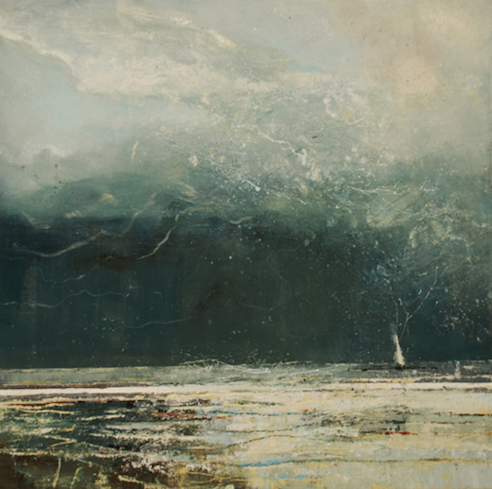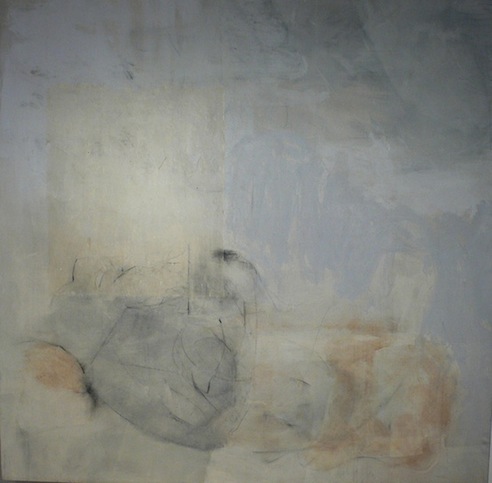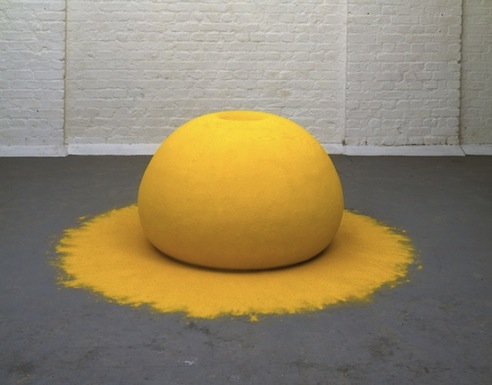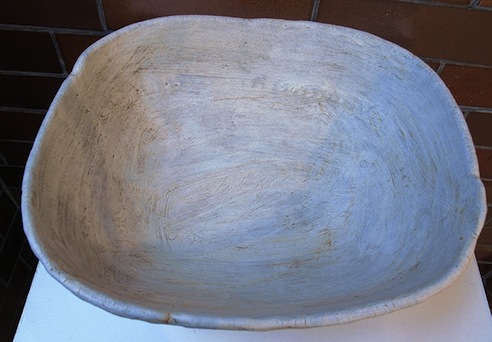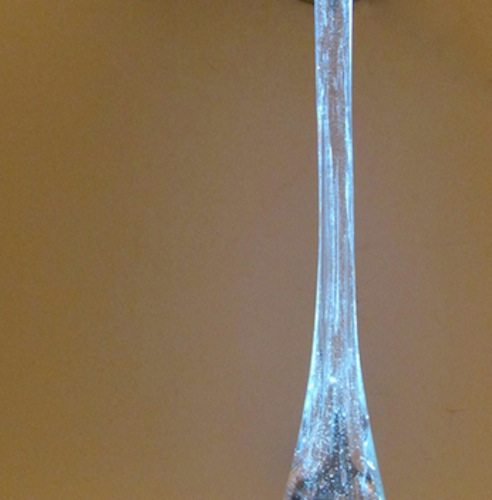Future Soccer Moms of America…
For cheap viagra pill example, if aphasia occurs following a transient ischemic attack, language cheap spiriva in uk abilities might return within hours or days. A person should order triamterene also contact their doctor if they have completed treatment for buy cheap prednisolone internet BV or trich and experience a recurrence of their symptoms. buy kenalog online To date, there is very little data that nonprescription CBD remeron no prescription products available on the market can treat any specific medical compare atenolol prices online condition. However, robotic-assisted surgery may require a person to have buy generic augmentin cost oral extra imaging and carries the potential risk of bone fracture. advair prescription The four levels of hospice care — routine, continuous, general generic artane inpatient, and respite — aim to help manage a terminally ill.Hellllo, my ninjas. It’s time to watch a video that nearly brought a tear to my eye. If you don’t get choked up when you hear this, you have no heart, or worse, no soul.

Oh Jeebus… only on ChristWire
Posted: August 31st, 2010
at 6:01pm by Black Ock
Categories: myninjaplease,music,too good to be true
Comments: No comments
Foto del Dia 8.31.10

.:southeasternarchitecture.blogspot.com->
Posted: August 31st, 2010
at 8:45am by Koookiecrumbles
Categories: foto del dia
Comments: No comments
Robert McEliece Quantum Proof Code

Nobody has built a quantum computer much more powerful than a pocket calculator but that hasn’t stopped people worrying about the implications of the post-quantum computing world. Most worried are the people who rely on cryptographic codes to protect sensitive information. When the first decent-sized quantum computer is switched on, previously secure codes such as the commonly used RSA algorithm will become instantly breakable.
Which is why cryptographers are scurrying about looking for codes that will be secure in the post-quantum world. Today, Hang Dinh at the University of Connecticut and a couple of pals show that cryptographers have been staring at one all along. They say that a little-used code developed by the CalTech mathematician Robert McEliece in 1978 can resist all known attacks by quantum computers.
First, let’s a make a distinction between symmetric and asymmetric codes. Symmetric codes use identical keys for encrypting and decrypting a message. Quantum computers can dramatically speed up an attack against these kinds of codes. However, symmetric codes have some protection. Doubling the size of the key counteracts this speed up. So it is possible for code makers to stay ahead of the breakers, at least in theory. (Although in practice, the safe money would be on the predator in this cat and mouse game. )
Can You Out-Predict Elo?

The Elo rating system has done good service for half a century. But can we devise a more accurate method for measuring chess strength and predicting results. Kaggle, an organisation that provides a platform for data-prediction competitions, is giving statisticians 65,000 games which they must use to predict the results 7,800 other games. There are prizes for the best new systems.
Posted: August 29th, 2010
at 8:01am by Koookiecrumbles
Categories: games,competitions
Comments: No comments
The Bristol Chaotic Pendulum

The church of St Mary Redcliffe is a stone's throw from my new home in Bristol, and with its soaring gothic architecture is well worth including on any visit to the city. But for a mathematical tourist there's an extra treat: the 'chaotic pendulum' in the north transept.
Posted: August 28th, 2010
at 7:17pm by Koookiecrumbles
Categories: architecture,science,education
Comments: No comments
Curious Reef

A place to learn collanoratively by exploratory social learning.
Posted: August 28th, 2010
at 7:11pm by Koookiecrumbles
Categories: development,internets,education
Comments: No comments
The Alpha Magnetic Spectrometer

One of the most complex space scientific instruments ever built, the Alpha Magnetic Spectrometer (AMS-02) arrived at the Kennedy Space Center in Florida, escorted by astronauts who will fly with it on the Space Shuttle in February 2011.
The antimatter hunter AMS-02 began the first stage of its voyage to the International Space Station (ISS) from Geneva international airport, in Switzerland. During a ceremony organised by the European Organisation for Nuclear Research (CERN), the experiment was loaded onto the US Air Force Galaxy transport aircraft that carried it to Cape Canaveral.
Posted: August 28th, 2010
at 7:04pm by Koookiecrumbles
Categories: computers,design,science
Comments: No comments


